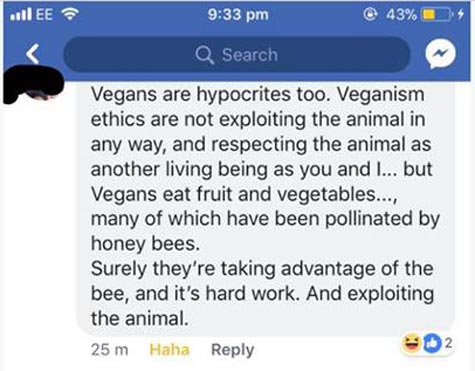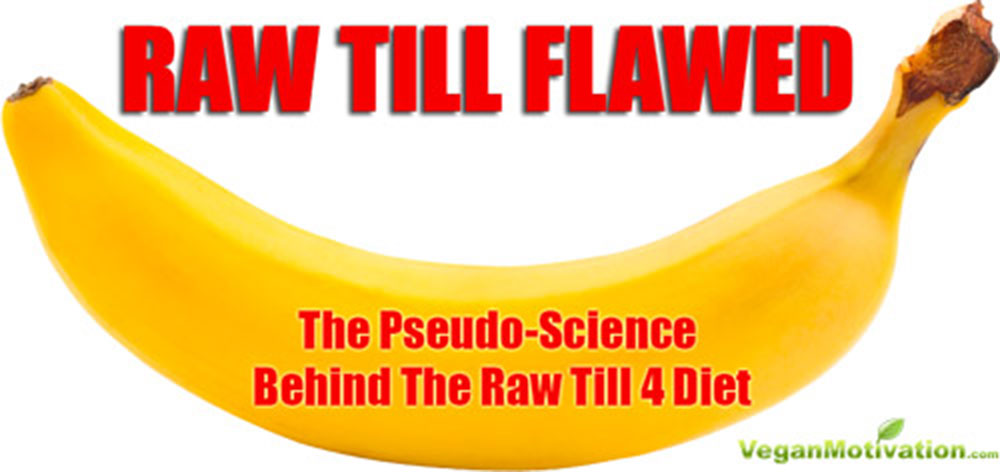One argument against going plant-based (vegan) is the expense. Some would say that being able to eat vegan is a privilege and something many can't afford to do.
People rightly fear changing their eating habits because alternative, healthier food choices could mean a bigger weekly shopping bill.
But it doesn't have to be that way.
In fact, the opposite is true: It is animal products such as steak, lamb chops, and salmon that considerably drive up your bill; not to mention expensive cheeses.
Swapping these protein sources out for plant-based ones will save you money.
The good news is that eating plant based is possible on a budget and, with the tips below, you can save money on your weekly shop.

1. Buy Frozen
Believe it or not, frozen is often fresher than fresh because the food is frozen shortly after being picked. This locks the freshness in.
On the other hand, your fresh produce may have travelled many kilometers and miles to your plate, all the while in a state of decline in terms of freshness.
Some might argue that fresh tastes better but it certainly has a shorter shelf life, which means unless you plan well, you may have to throw some away.
Buying frozen berries and vegetables like broccoli and corn can save money. You can take out what you need and put the rest back in the freezer.
You'll often find that frozen is cheaper per kilo, too.
2. Buy in Bulk
Bulk-buy-stores can save you a small fortune, particularly on dried fruit, nuts, seeds, and legumes. Even many bulk-buy fresh items can be frozen.
The same goes for store shopping too. Compare the price per kilo on labels of smaller vs bigger sizes of the same product. You'll often find there's a good saving to be made.
3. Keep an Eye Out for Reduced Items
I regularly save 50% on really good loaves of bread from the bakery, each marked down because it has to be sold within 48 hours, I believe.
The mark down happens around a day before expiry, but the bread is usually good for 3-4 days. So I slice it up and put it in the freezer, and get what I need out as and when required.
Additionally, you can find great bargains on products that have a damaged box or tin. Often it's just a minor dent or tear, and you get a nice 20-40% off.
And then there's end of line items. These usually get cut right down because they want the stock cleared to make space for new products.
4. Steer Clear of Fancy Brands
Okay, so certain brands do just taste better; there's no denying that. But make sure you A-B test branded products vs. the store's own version, because quite often the taste is as good or similar, and you'll save a pretty penny.
Buy the known brand names when they have a deal on instead.
5. Beware of “Vegan” Products
The popularity of veganism means that trendy new brands are popping up all over the place and charging a premium for “plant-based alternatives”.
These fancy brands have desirable packaging and catchy names, but also hurt you in the pocket. The portions are often small, too.
Sure, treat yourself, but be careful not to wrack up a big shopping bill with gourmet vegan items.
Instead, look out for the vast amount of incidentally vegan items that don't have the premium price tag attached.
6. Shop at International Shops
Specialty shops like a Chinese, Polish or Turkish supermarket often have specific items much cheaper than the supermarket.
Think spices, tofu, exotic fruits and vegetables, noodles, dried pulses, etc.
Between stores, bulk buy stores, and specialty shops, you can save a solid $50 a month on your food bill.

Farmer's markets can be a great place to pick up fruit and veg at a great price.
7. Don't Shop When You're Hungry
Shopping when you're hungry will encourage bad food choices.
You'll be inclined to buy snacks to fulfill cravings and be tempted by products you may not usually stretch your budget to.
When you're full you're satisfied, and likely to make better decisions.
Shopping online may also be preferable in this regard, as your trolley won't bump into all those strategically-based cakes, biscuits and sweets displays they set up to tempt us into buying.
8. Buy Whole Ingredients & Cook
Readymade meals might seem cheap but they don't fill you up, which means you end up eating other food – usually snacks – to compensate.
They aren't as nutritious, either, so you're short-changing your health.
Buy whole ingredients and cook your own meals. You'll get more for your money and you will end up eating less processed food.
9. Batch Cook & Freeze
If you have vegetables that are going off, or other food that is almost out of date, then why not cook a big batch of food and freeze in portions.
This not only saves throwing food away, but also saves you time on cooking over the next few days.
You might choose to set a schedule to batch cook, like a Sunday afternoon, or an evening when the kids are in bed.
10. Eat Leftovers for Lunch
People have a tendency to throw away half their dinner because they feel full, but why not simply save it for lunch the next day?
Throwing away food is a crime when there are people going hungry, and it's unnecessary.
The good news is that plant-based meals tend to keep better than meat and dairy based meals. So it will likely taste just as good the next day.
Bonus Tip: Free Food!
As the end of the growing season nears, keen gardeners often leave excess fruits and vegetables outside their homes for people to take, free.
This year, I picked up lots of tomatoes and marrows from my neighbour’s. I also enjoyed apples and pears when they started to fall and the tree owners left them outside in bags.
Look out for this delicious, and usually organic, free food. And why not try growing your own.
In Summary
Shopping plant-based doesn't have to be expensive; it just requires a learning curve until you get used to knowing what to buy and where.
It has the benefit of inspiring you to cook more, too. You'll naturally reduce your intake of processed, readymade meals and start cooking from scratch, which is not only fun but rewarding.
If you're short on time, then cook in bulk or cook simple – think lentil pasta bake with tomatoes and mushrooms. It takes just 30 minutes from scratch!




Leave a Reply